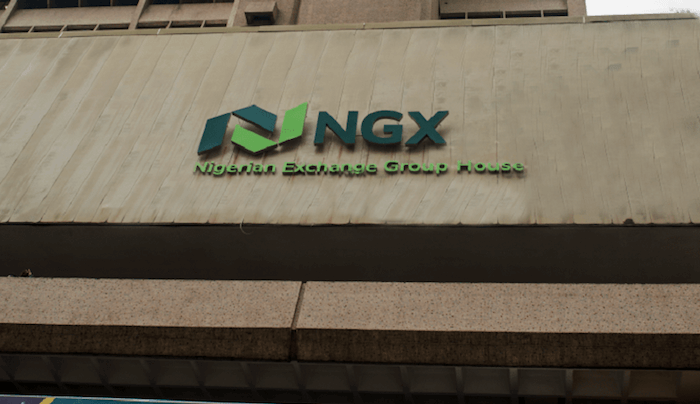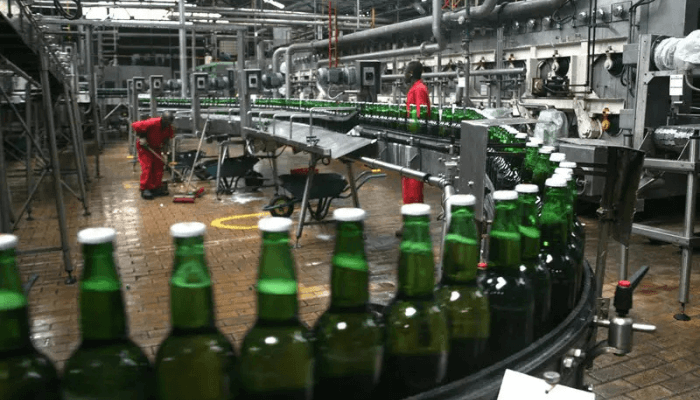Mansard Insurance plc, one of Nigeria’s largest insurer, profits fell 56 percent on rising costs, analysis of its financials statement shows.
For the first six months through June 2014, Mansard profit after tax (PAT) reduced by 56 percent to N814 million from N1.84 billion as of HY 2013.
Furthermore, pre-tax profit also took a hit as it shrank by 52 percent to N993 million as against N2.06 billion as at HY 2013.
Earnings per share (EPS) reduced to 6k in HY 2014 as against 14 k as of HY 2013.
Based on BusinessDay analysis, the fulcrum of the slow at the bottom-line level is as a result of 42 percent surge in net claims incurred to N3.18 billion, which culminated in a single-digit growth of 6 percent in underwriting profit to N1.63 billion.
Additionally, a 15 percent increase in management and provision for doubtful account to N2 billion in HY 2014 from N1.73 billion also added to the pressured profit.
Mansard’s net premium earned recorded a double-digit growth of 27 percent to N4.46 billion in HY 2014, compared with N3.51 billion the preceding year buoyed by efficient underwriting capacity.
Total assets were down by 9.5 percent to N39.59 billion as against N36.13 billion the preceding year.
Return on average equity (ROAE) was 2.80 percent while the return on average assets (ROAA) stood at 7.01 percent.
The company’s share price closed at N2.50 on the floor of the Nigerian Stock Exchange while market capitalisation was N25 billion.
To bolster the insurance sector for better contribution to the Nigeria economy, the National Insurance Commission (NAICOM), the body that regulate insurance business the country, introduced the ‘No Premium No Cover Policy.’
The policy stipulates that premiums must be paid for before an insurer can accept cover.
This organic growth strategy is expedient as the share of insurance in the country’s GDP of 0.56 percent lags behind South Africa with a contribution of 12.9 percent, Kenya 3.2 percent, and Ghana 1 percent.
Analysts say that the insurance industry will be driven by contributions from the automobile, oil and gas, and housing sectors in the future.
BALA AUGIE








